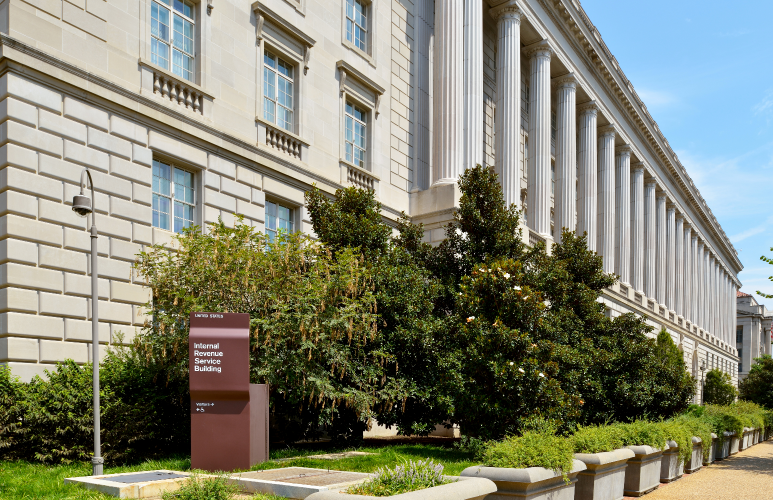In a memo regarding cryptocurrency (CCA 202302012) released on January 10, the Office of the Chief Counsel of the Internal Revenue Service (IRS) provided two important reminders for both donors and charities regarding qualified appraisal rules governing cryptocurrency contributions.
According to Aaron Fox, a partner with Marcum LLP, a qualified appraisal is required for donations of cryptocurrency for which a charitable deduction of more than $5,000 is claimed under Section 170(a) of the Internal Revenue Code (IRC).
As defined in section 170(f)(11)(E)(ii), a “qualified appraiser” is an individual who (1) has earned an appraisal designation from a recognized professional appraiser organization or has otherwise met minimum education and experience requirements set forth in regulations prescribed by the Secretary, (2) regularly performs appraisals for which the individual receives compensation, and (3) meets such other requirements as may be prescribed by the Secretary in regulations or other guidance.
Even though cryptocurrency assets are traded on public exchanges and have easily referenced fair market values, the appraisal requirement remains in effect without exception, according to Fox.
A qualified appraisal is not typically required for donations of certain readily-valued property specifically set forth in the Tax Code and regulations, namely: cash, stock in trade, inventory, property primarily held for sale to customers in the ordinary course of business, publicly traded securities, intellectual property, and certain vehicles, according to Fox. However, the IRS does not currently define cryptocurrency as a publicly traded security. Therefore, no exception to the general qualified appraisal requirements of section 170(f)(11) is available.
Fox explained that the expressed result of this memo is the disallowance of the taxpayer’s charitable contribution due to incomplete documentation on the Form 8283 — a result of no appraisal being performed. In Pankratz v. Commissioner, the tax court wrote about the Form 8283: “[W]e think that four mentions of ‘appraisal,’ ‘appraiser,’ or ‘appraised’ on one page of one form is pretty good notice that substantial noncash donations need to be backed up by an appraisal.”
It’s clear that tax courts and the Chief Counsel’s office take the substantiation requirements for large donations seriously, according to Fox.
There are advocacy groups petitioning the IRS to change its rules in this space to allow cryptocurrency to be treated as a publicly-traded asset. Until such time as the IRS accepts such arguments, donors with significant cryptocurrency holdings are advised to find a qualified appraiser with relevant experience who can sign off on their donation’s claimed value, according to Fox.
